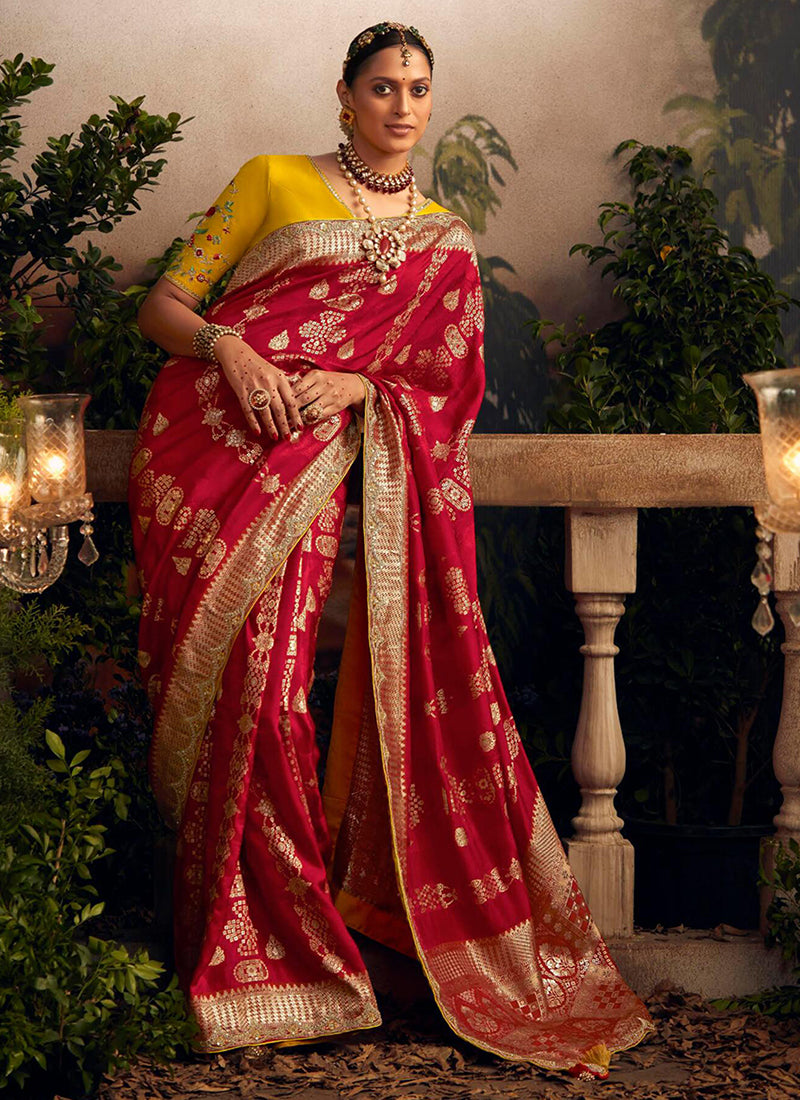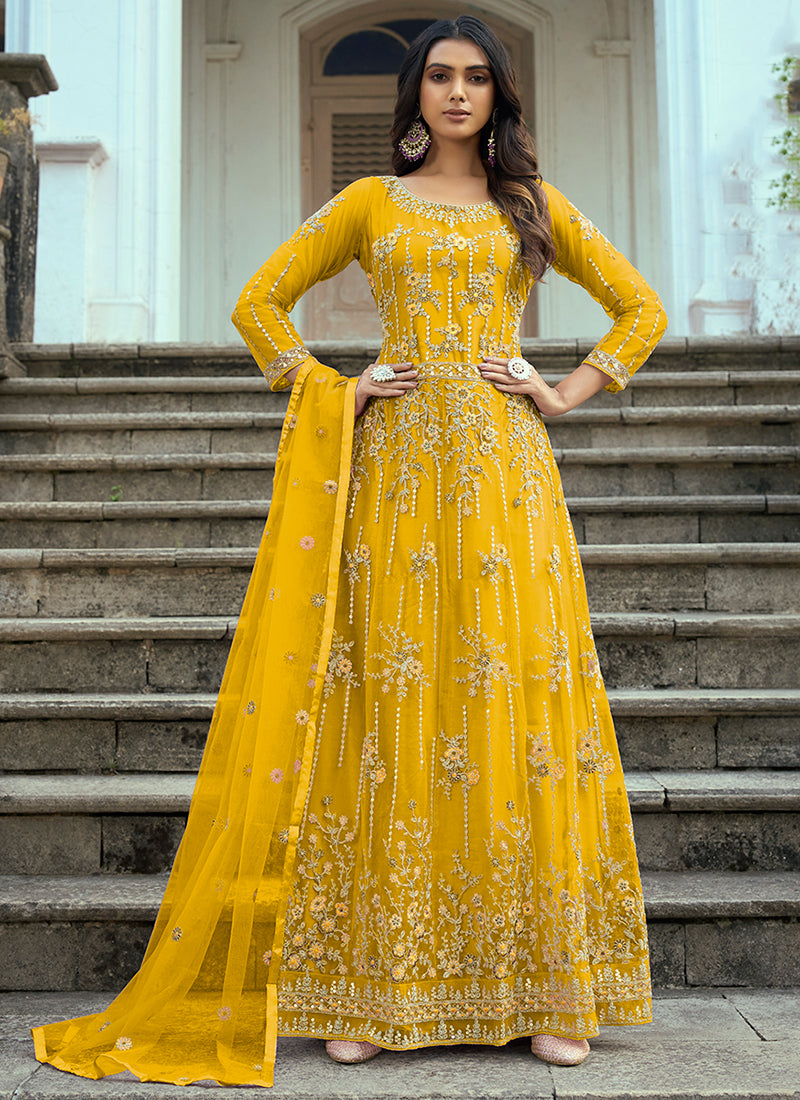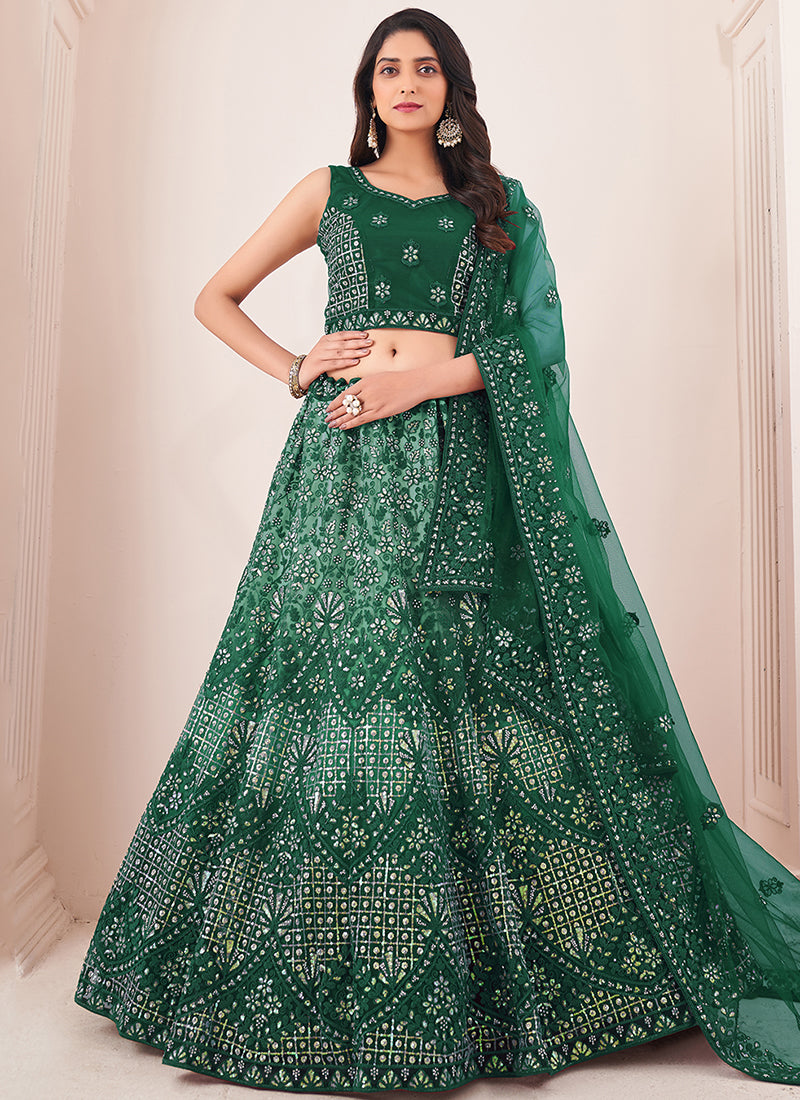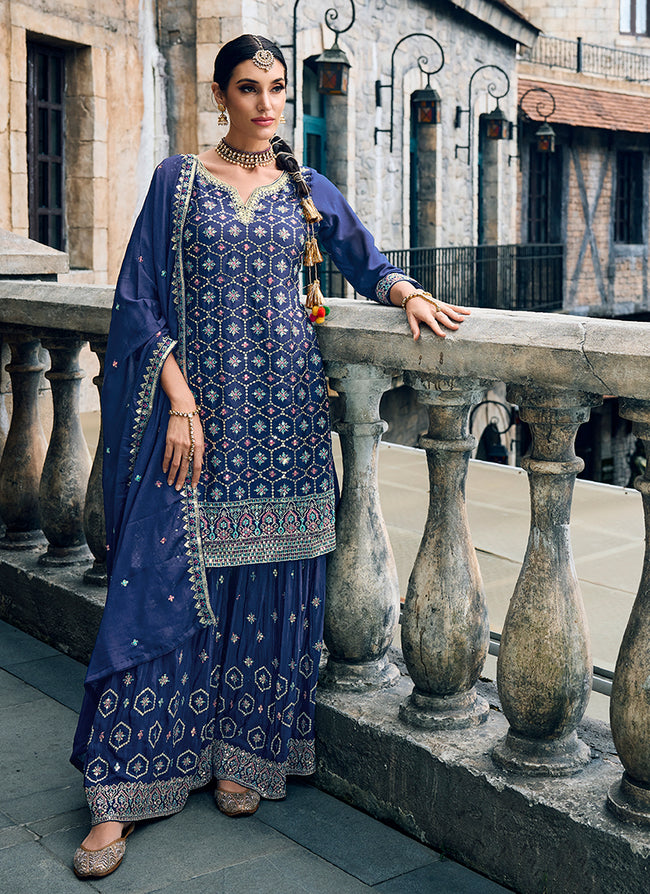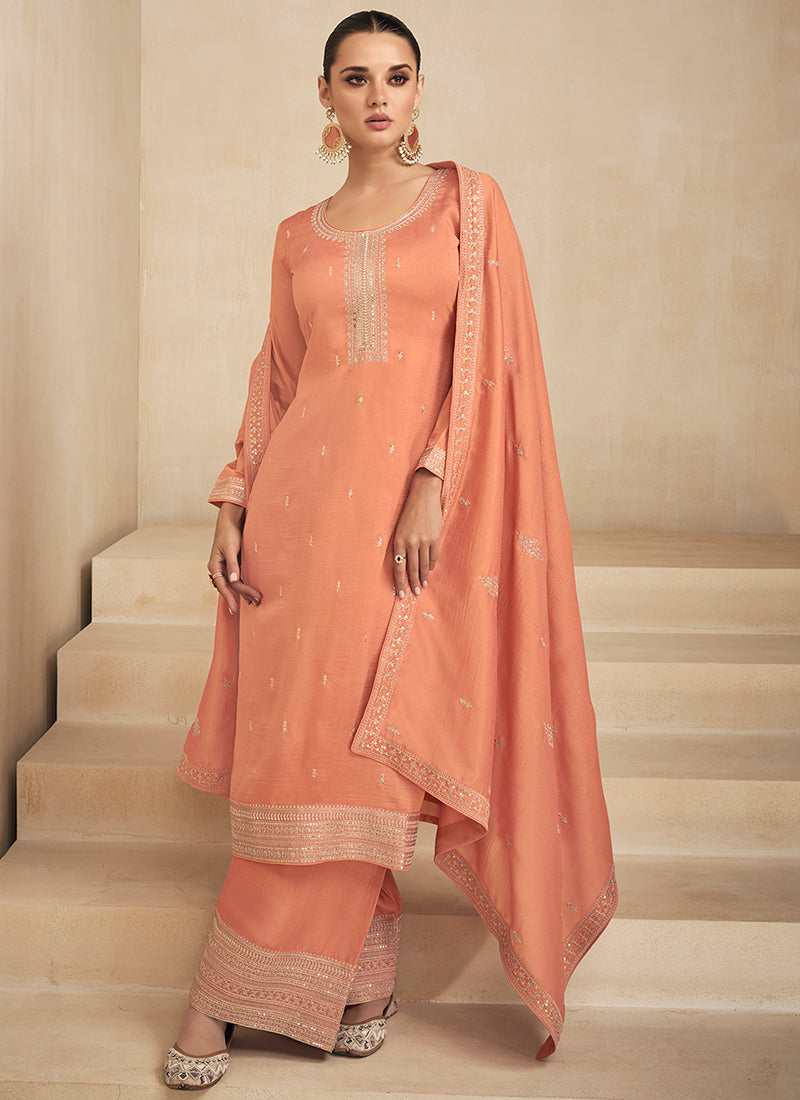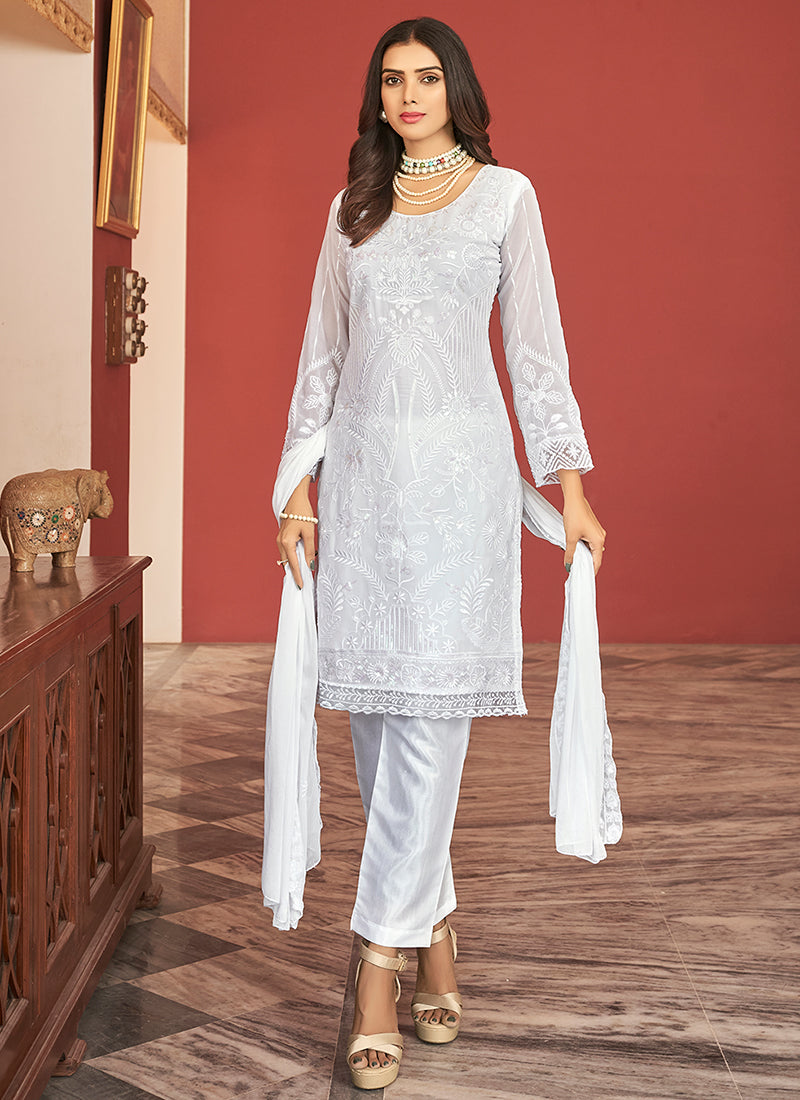India, a land known for its diverse culture and heritage, has long been celebrated for its kaleidoscopic array of colorful clothing. The vivid hues adorning Indian attire hold deep cultural significance, weaving a tale of tradition, symbolism, and regional influences.
Cultural Heritage: A Tapestry of Colors
Colors in Indian clothing trace their origins to ancient traditions and beliefs. The vibrant palette was not just about aesthetics but held symbolic meanings deeply rooted in cultural practices. Each color had its significance, representing emotions, rituals, and societal roles.
Symbolism in Colors
Red: This color signifies auspiciousness, passion, and fertility. It's often worn by brides during weddings, symbolizing love and commitment.
Yellow: Associated with happiness and prosperity, yellow is often worn during festivals and auspicious occasions.
Green: Symbolizing growth, fertility, and harmony, green is significant in Islam and also represents the harvest season.
Blue: Reflecting the divine, especially Lord Krishna, blue holds spiritual importance and signifies tranquility.
Saffron: A sacred color in Hinduism, symbolizing renunciation, bravery, and sacrifice, often worn by ascetics and monks.
White: A symbol of purity, worn during religious ceremonies and rituals, representing peace and serenity.
Regional Influences: A Colorful Melange
India’s diverse landscape and myriad cultures have given rise to a stunning variety of traditional attire, each region boasting its unique color palette and styles. From the vibrant Bandhani of Rajasthan to the intricate Kanjeevaram sarees of Tamil Nadu, colors and patterns vary, reflecting local customs and traditions.
Craftsmanship and Textiles: A Technicolor Marvel
The craftsmanship of Indian textiles further amplifies the vibrancy of colors. From handwoven fabrics like Banarasi silk to the elaborate embroidery of Phulkari, the intricate detailing and use of vibrant threads create a visual symphony on the canvas of fabric.
Modern Influence: Fusion of Tradition and Contemporary Trends
While traditional clothing continues to be revered, the Indian fashion landscape has evolved, blending modern sensibilities with traditional attire. Designers experiment with color palettes, infusing Western silhouettes with traditional Indian fabrics and colors, creating a fusion that appeals to a global audience.
Global Impact: Embracing Indian Colors Worldwide
The allure of Indian colors has transcended borders, captivating the fashion industry worldwide. Bollywood’s influence, cultural festivals, and the rise of global fashion weeks have propelled Indian colors and designs onto international runways, making them a coveted choice for fashion enthusiasts globally.
Conclusion: A Colorful Mosaic of Tradition and Expression
The vivid spectrum of colors in Indian clothing isn’t merely a visual treat; it’s a tapestry that weaves together centuries old traditions, cultural symbolism, regional influences, and artistic expressions. It embodies the essence of India’s rich heritage, showcasing the country's unity in diversity through a mesmerizing display of colors.
In essence, the vibrancy of Indian clothing isn’t just a riot of colors; it’s a celebration of life, culture, and the enduring legacy of tradition that continues to mesmerize the world.






